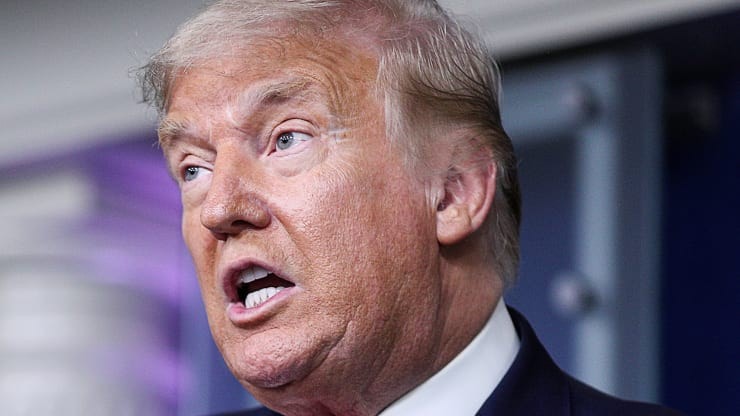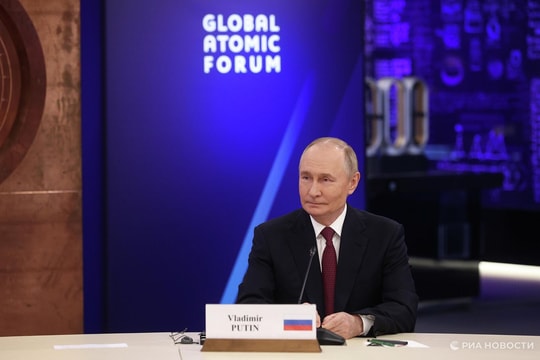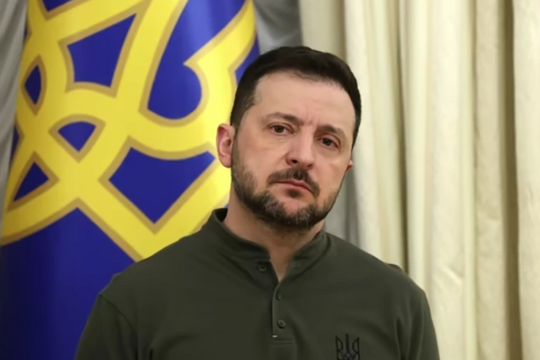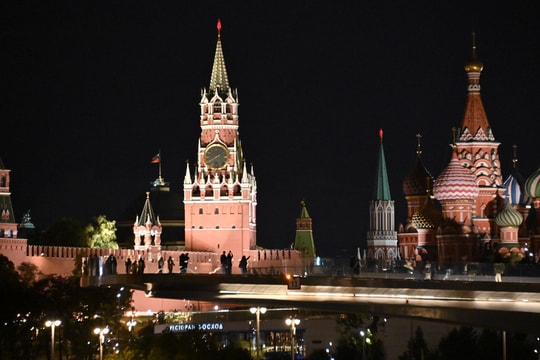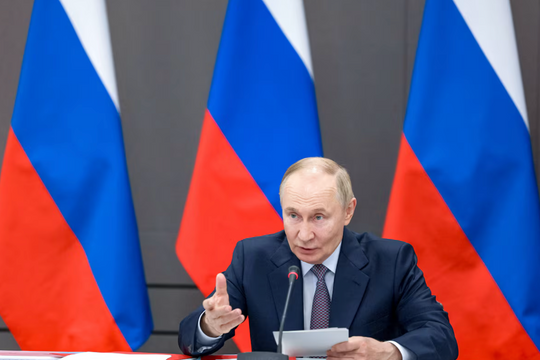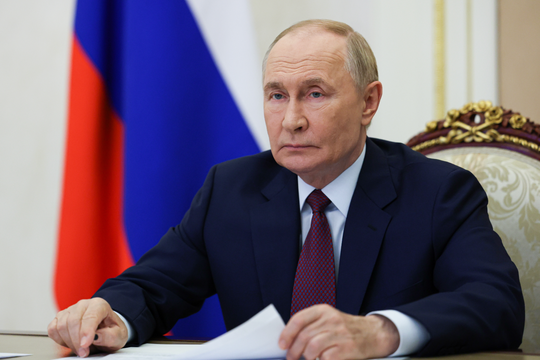US President hopes Russia's new Covid-19 vaccine works effectively
US President Donald Trump said on August 14 that he hopes Russia's recently approved Covid-19 vaccine will work effectively.
"We don't know much about it. We hope it works. They've scaled back the testing and we feel it's important to go through the full process," President Trump said at a White House press conference.
|
| US President Donald Trump. Photo: Reuters |
Earlier, on August 11, Russian President Vladimir Putin announced that Russian health authorities had approved the world's first Covid-19 vaccine, and said that his daughter had also been vaccinated with it. Clinical trials of the vaccine were completed in less than two months and the third phase of testing is about to begin while Russia plans to mass produce the vaccine.
Some scientists and public health officials have expressed skepticism about Russia's Sputnik V vaccine, saying it still needs more testing to determine its safety and effectiveness. They also worry that Russia's move could pressure the U.S. to approve a vaccine before testing is complete.
During a press conference on August 14, President Trump said he was asked whether he would get one of the vaccines the US is partnering with. Several surveys have shown that many Americans are hesitant to get a Covid-19 vaccine, even if it is approved under US regulations.
To the above question, President Trump replied that he would get the vaccine and affirmed: "I will get the first or last shot. I will do whatever they want me to do."
If the vaccine is approved in the US, President Trump said the elderly and those most vulnerable to the Covid-19 epidemic would be vaccinated first, although he later said this would depend on the decision of doctors.
"We're actually making a list now, mainly nursing homes, retirement centers," Mr. Trump said.
US health experts expect a safe and effective Covid-19 vaccine to be found by the end of this year or early 2021. Mr. Trump said these vaccines are "very advanced" and the US will announce "something in the not-too-distant future"./.

